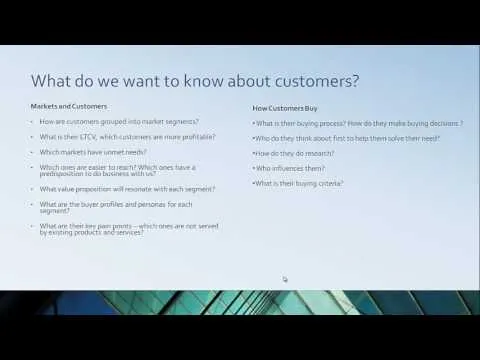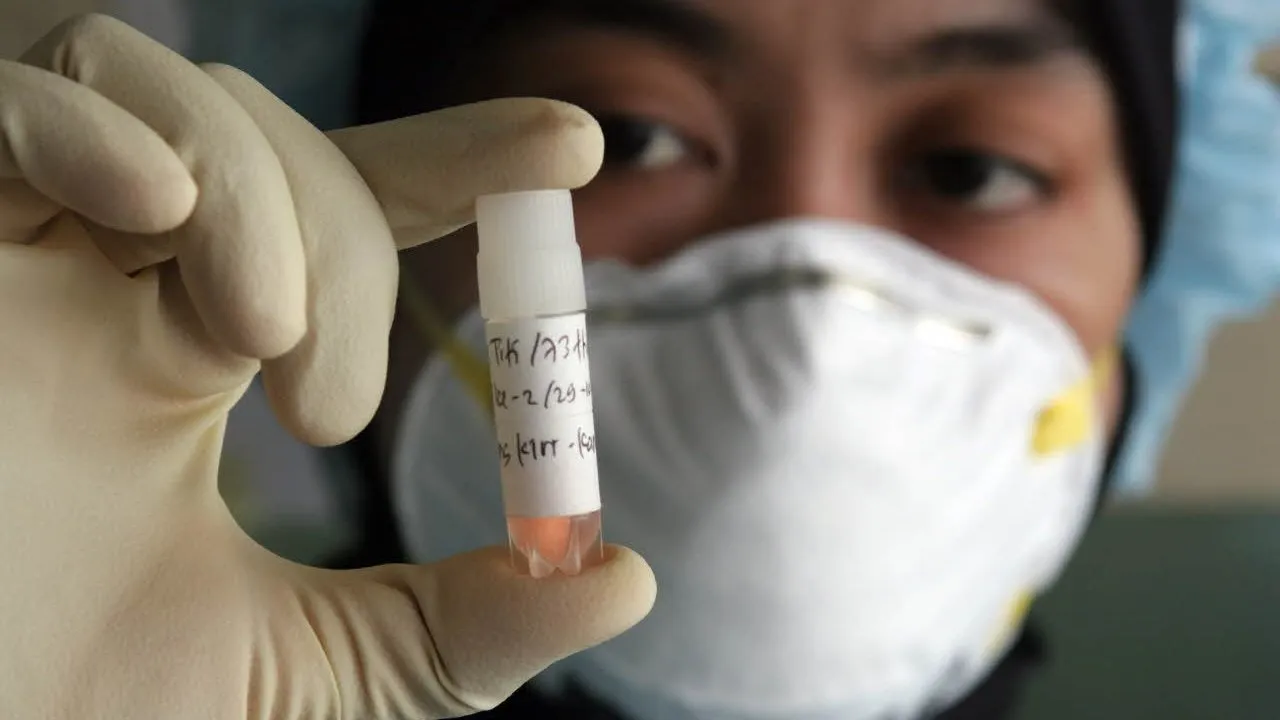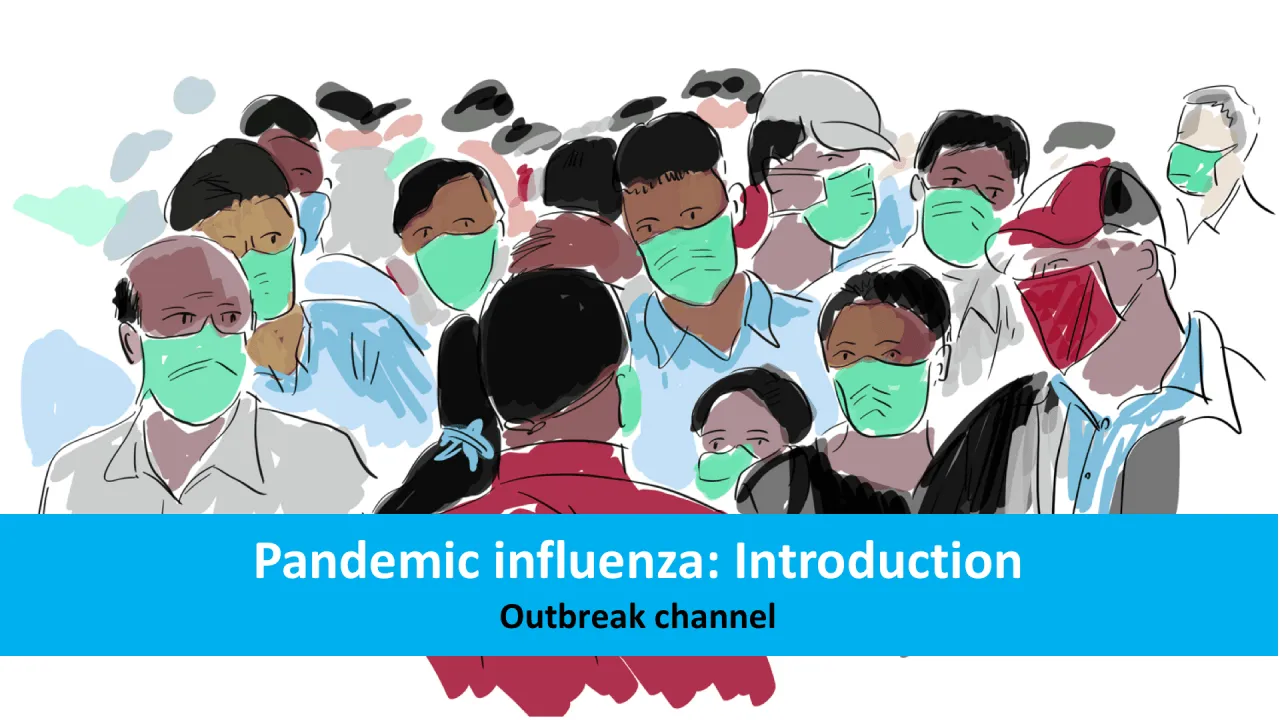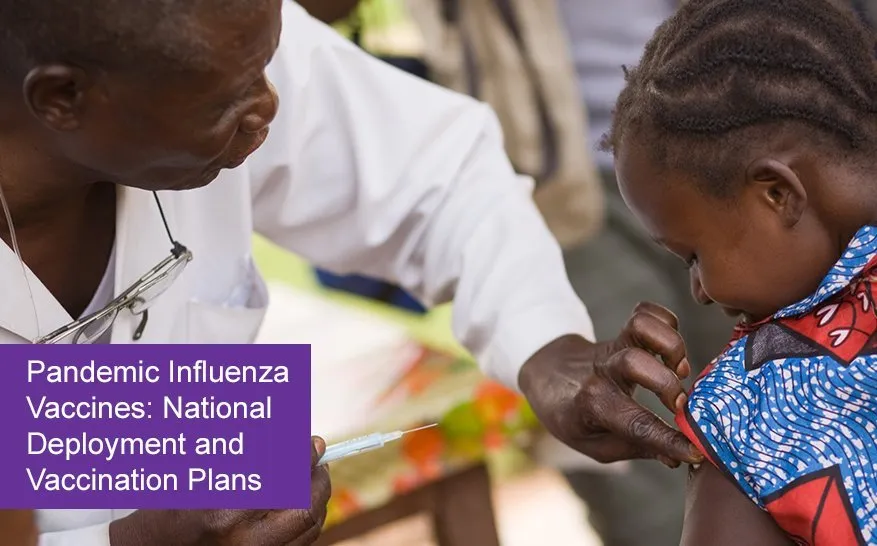
One Health: Pandemic preparedness prevention and response 
Karolinska Institutet and the Federation of the European Academies of Medicine have developed the course "One Health: Pandemic Preparedness, Prevention, and Response" as part of the PERISCOPE research project. Funded by the European Commission, PERISCOPE aims to make Europe more resilient to future pandemics by investigating the impacts of COVID-19. ▼
ADVERTISEMENT
Course Feature
![]() Cost:
Cost:
Free
![]() Provider:
Provider:
Coursera
![]() Certificate:
Certificate:
Paid Certification
![]() Language:
Language:
English
![]() Start Date:
Start Date:
5th Jun, 2023
Course Overview
❗The content presented here is sourced directly from Coursera platform. For comprehensive course details, including enrollment information, simply click on the 'Go to class' link on our website.
Updated in [March 06th, 2023]
One Health: Pandemic preparedness prevention and response is a course developed by the Karolinska Institutet (KI) and the Federation of the European Academies of Medicine (FEAM) to help highly specialised technical professional groups (healthcare authorities, policymakers, researchers and other academics) learn more about the One Health approach. This course provides basic knowledge and contextualisation of One Health in creeping crises, such as the COVID-19 pandemic. Learners will gain an understanding of the enablers, limitations, barriers, and next steps in and to the One Health concept and operationalisation. The course covers topics such as pandemic preparedness, prevention, response, disease control, global health, and outbreak management. Through this course, learners will gain the skills and knowledge necessary to be better prepared for future large-scale risks.
[Applications]
The application of this course is suggested to be used to help healthcare authorities, policymakers, researchers and other academics to gain a better understanding of the One Health approach and its implications in creeping crises, such as the COVID-19 pandemic. Participants will be able to identify enablers, limitations, barriers, and next steps in and to the One Health concept and operationalisation. Additionally, the PERISCOPE, KI and FEAM websites can be used to access further information and resources.
[Career Paths]
1. Public Health Officer: Public health officers are responsible for monitoring and evaluating public health programs, conducting research, and developing policies to improve public health. They also work to educate the public on health issues and promote healthy behaviors. As the world continues to face pandemics and other public health crises, the demand for public health officers is expected to increase.
2. Epidemiologist: Epidemiologists are responsible for studying the patterns, causes, and effects of diseases in populations. They use their research to develop strategies to prevent and control the spread of diseases. With the rise of pandemics, epidemiologists are in high demand to help identify and contain outbreaks.
3. Infectious Disease Specialist: Infectious disease specialists are medical doctors who specialize in the diagnosis and treatment of infectious diseases. They are responsible for diagnosing and treating patients with infectious diseases, as well as providing education and advice to the public on how to prevent the spread of infectious diseases. As pandemics become more common, the demand for infectious disease specialists is expected to increase.
4. Biosecurity Expert: Biosecurity experts are responsible for developing and implementing strategies to protect people and the environment from biological threats. They work to identify and assess potential biological threats, develop strategies to mitigate them, and provide advice on how to respond to biological threats. With the increasing prevalence of pandemics, biosecurity experts are in high demand to help protect the public from biological threats.
[Education Paths]
1. Master of Public Health: A Master of Public Health (MPH) degree is a great option for those interested in the One Health approach. This degree focuses on the health of populations and communities, and provides students with the skills and knowledge to develop and implement public health policies and programs. MPH programs typically include courses in epidemiology, biostatistics, health policy, environmental health, and health services administration. With the increasing prevalence of pandemics and other public health crises, the demand for MPH graduates is expected to continue to grow.
2. Master of Science in Veterinary Medicine: A Master of Science in Veterinary Medicine (MScVM) degree is a great option for those interested in the One Health approach. This degree focuses on the health of animals and their impact on human health, and provides students with the skills and knowledge to diagnose and treat animal diseases, as well as to develop and implement animal health policies and programs. With the increasing prevalence of zoonotic diseases, the demand for MScVM graduates is expected to continue to grow.
3. Master of Science in Global Health: A Master of Science in Global Health (MScGH) degree is a great option for those interested in the One Health approach. This degree focuses on the health of populations and communities on a global scale, and provides students with the skills and knowledge to develop and implement global health policies and programs. With the increasing prevalence of pandemics and other global health crises, the demand for MScGH graduates is expected to continue to grow.
4. Doctor of Veterinary Medicine: A Doctor of Veterinary Medicine (DVM) degree is a great option for those interested in the One Health approach. This degree focuses on the health of animals and their impact on human health, and provides students with the skills and knowledge to diagnose and treat animal diseases, as well as to develop and implement animal health policies and programs. With the increasing prevalence of zoonotic diseases, the demand for DVM graduates is expected to continue to grow.
Pros & Cons

Great learning

Practical sessions.

None mentioned.
Course Provider

Provider Coursera's Stats at AZClass
Discussion and Reviews
0.0 (Based on 0 reviews)
Explore Similar Online Courses

Quantum Mechanics: A First Course

Product Marketing course - Lesson 2

Python for Informatics: Exploring Information

Social Network Analysis

Introduction to Systematic Review and Meta-Analysis

The Analytics Edge

DCO042 - Python For Informatics

Causal Diagrams: Draw Your Assumptions Before Your Conclusions

Whole genome sequencing of bacterial genomes - tools and applications

Pandemic and epidemic-prone diseases

Pandemic influenza: Introduction


Start your review of One Health: Pandemic preparedness prevention and response